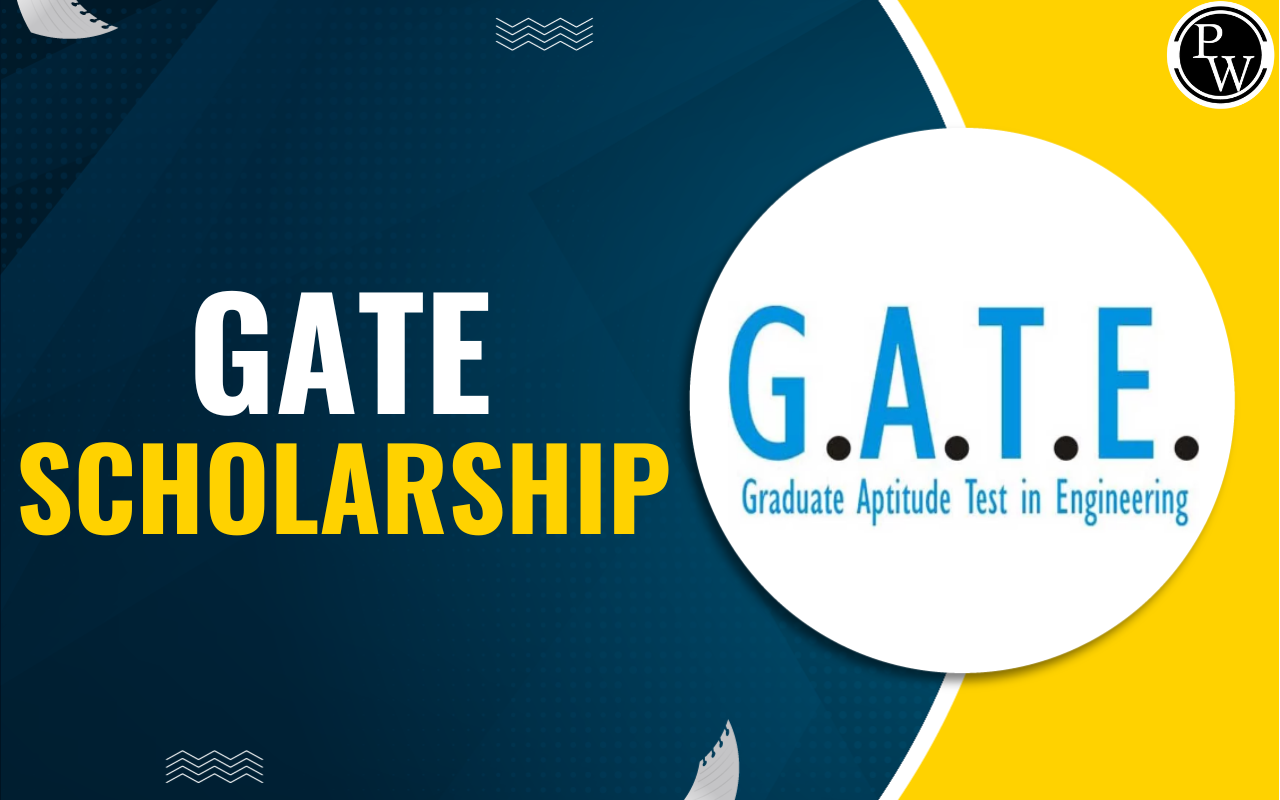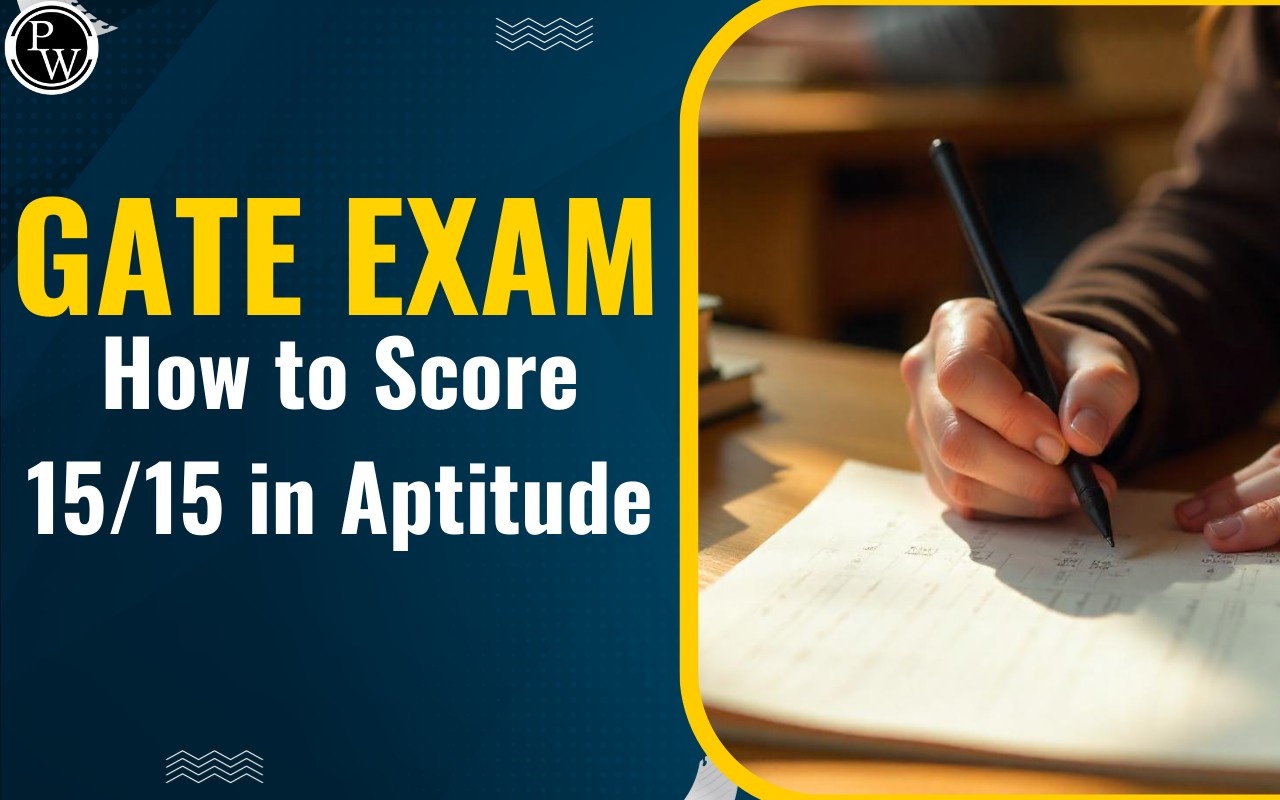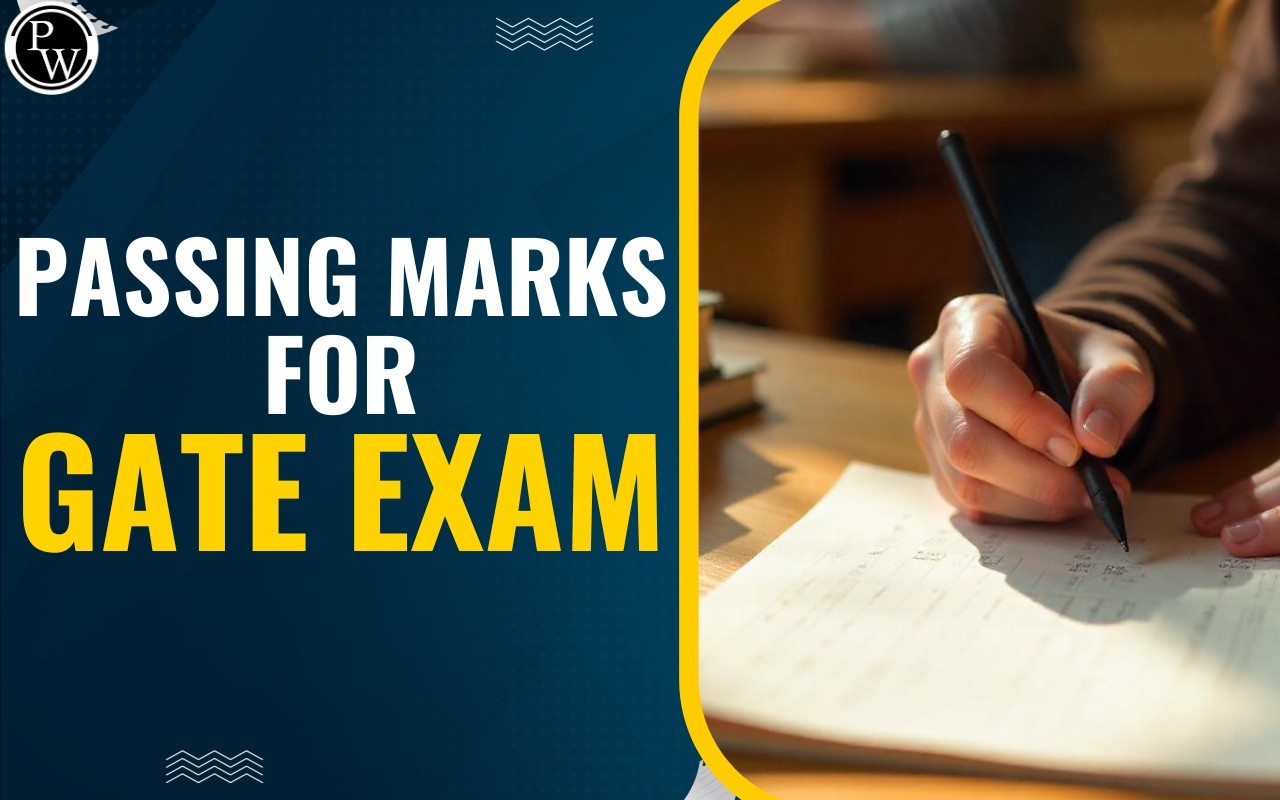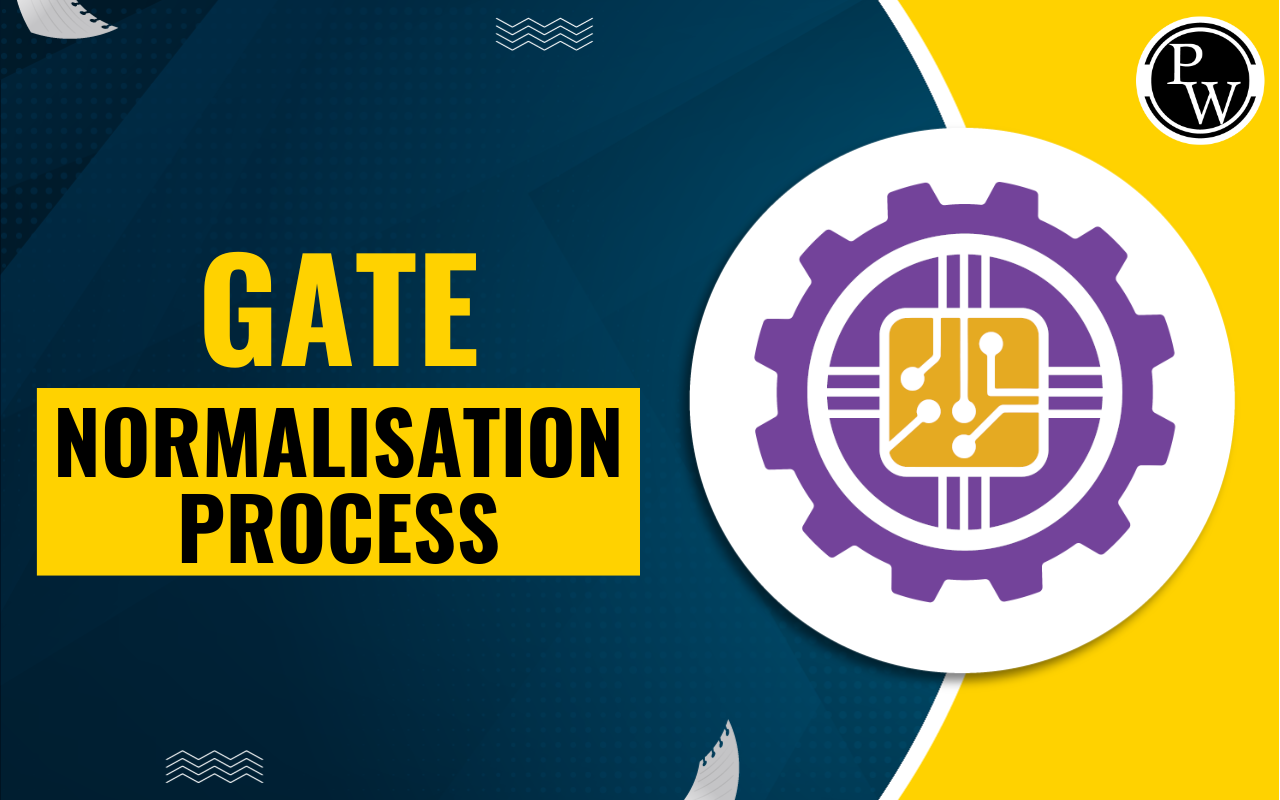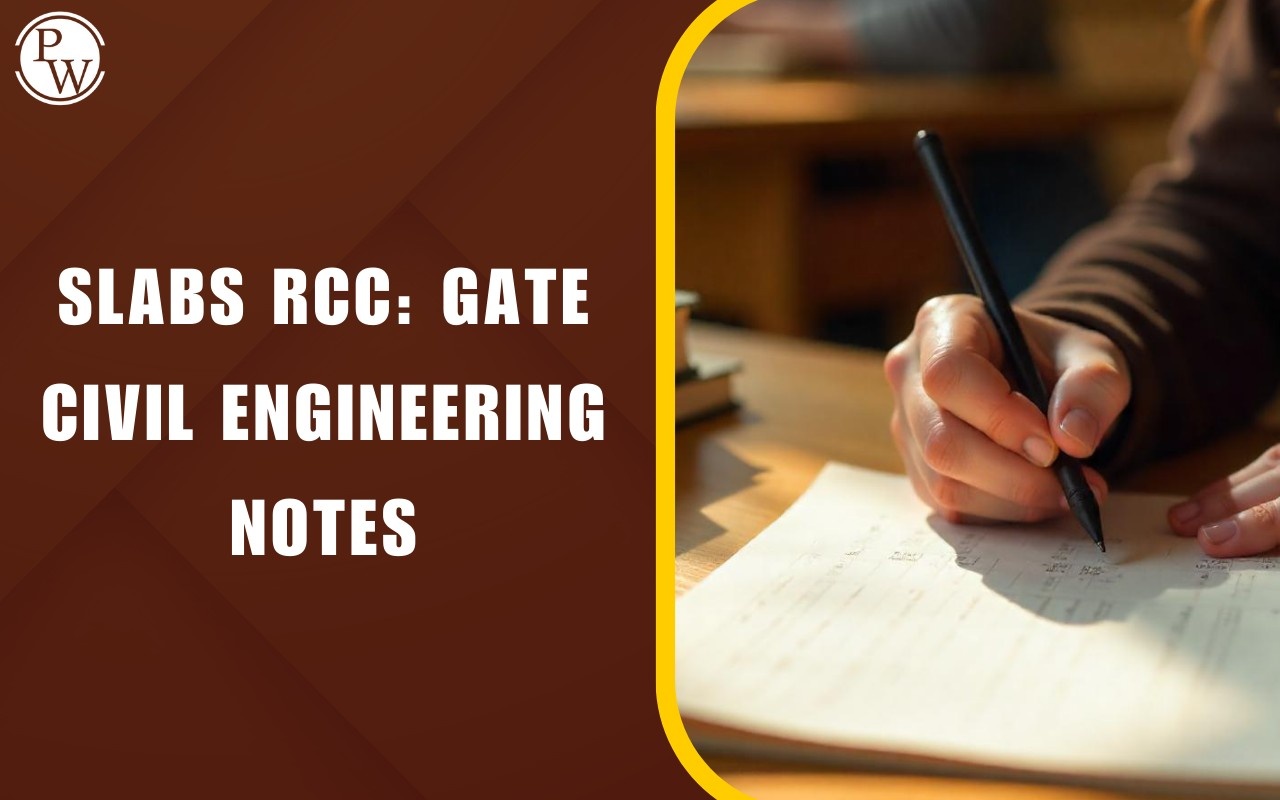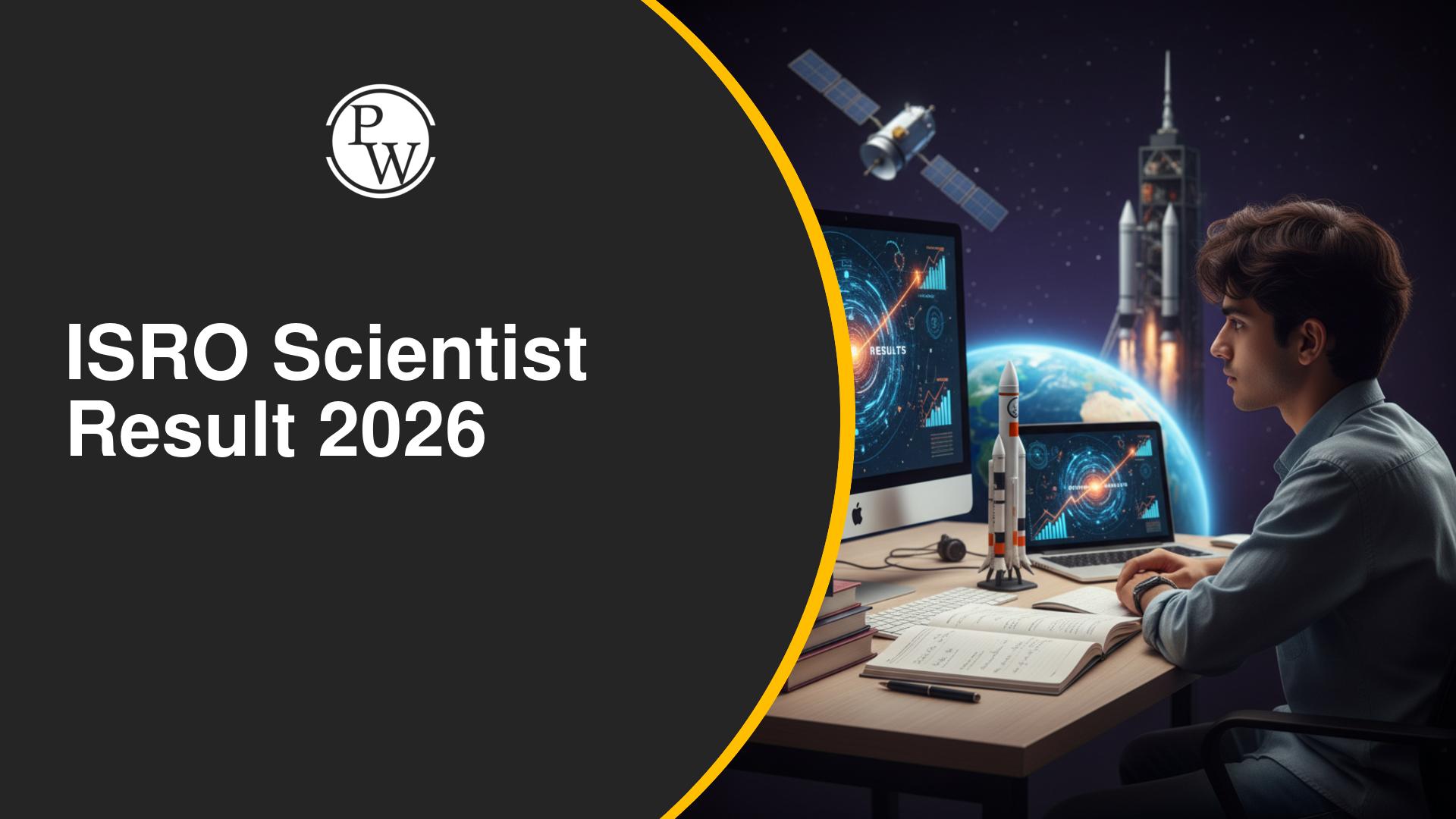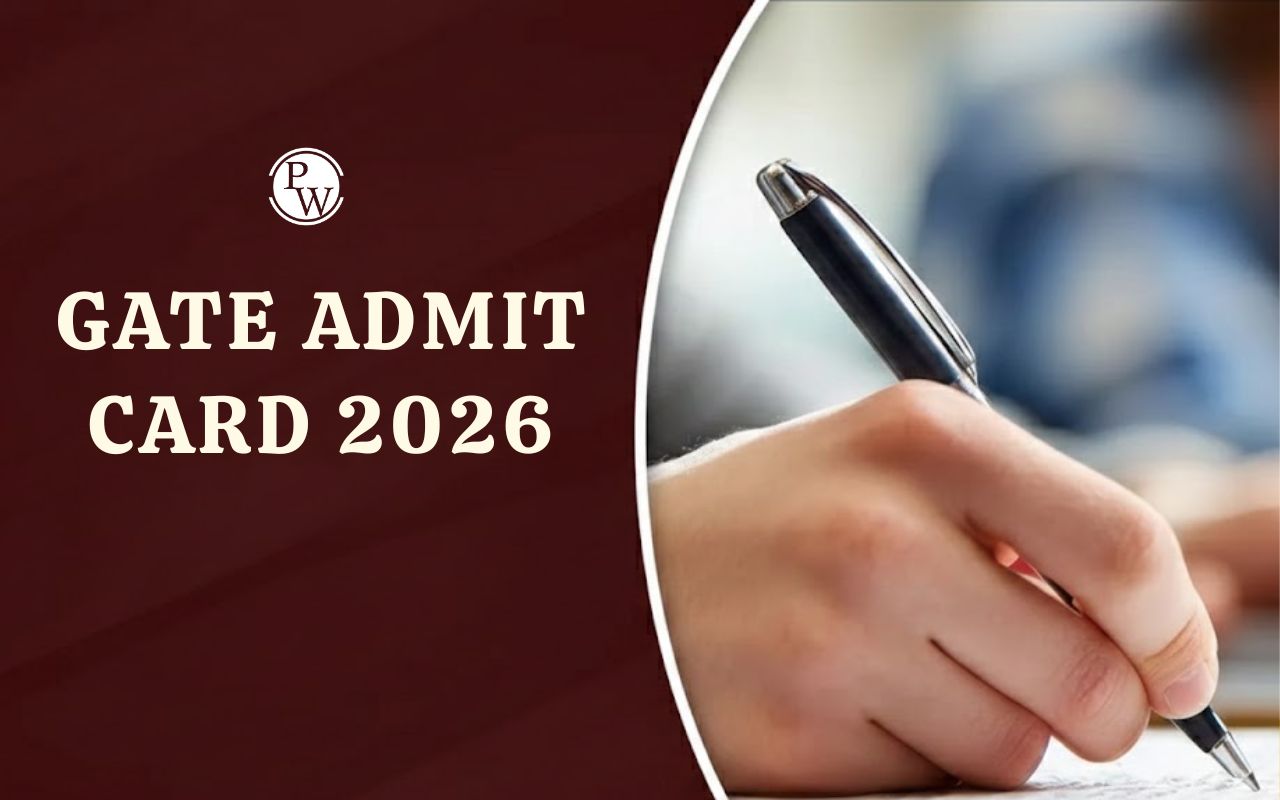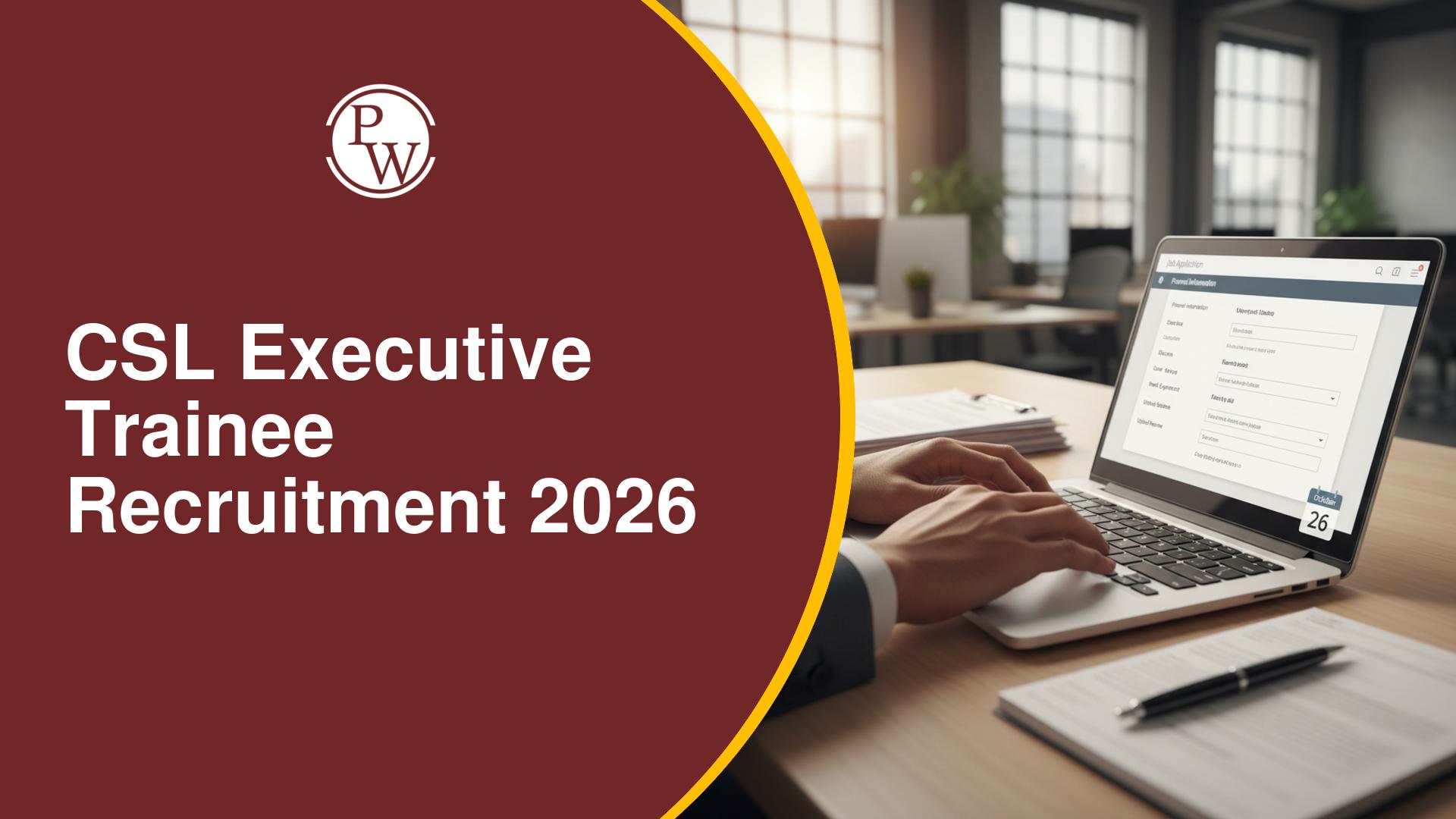
GATE ECE Syllabus 2026: The GATE Electronics and Communication Engineering Paper 2026 will be hosted by IIT Guwahati to facilitate postgraduate admission and PSU recruitments. Candidates who wish to take the GATE 2026 ECE exam must have a thorough understanding of the GATE ECE Syllabus 2026 to curate an effective study plan.
The GATE ECE Syllabus covers Important Subjects like Analog Circuits, Digital Circuits, Control Systems, etc. Candidates will learn the main topics on which they need to concentrate in order to perform well in the exam with the help of the syllabus. We have shared a detailed list of all the sections under the GATE ECE Syllabus 2026 in this article.
GATE ECE Syllabus 2026
Candidates who intend to take the GATE Electronics and Communication Engineering (ECE) examination in 2026 should ensure that they are familiar with the GATE ECE syllabus. The official GATE ECE Syllabus 2026 PDF made public on the official website, gate2026.iitg.ac.in, along with the pattern.
In order to ace the GATE ECE Exam 2026, candidates must have in-depth knowledge of the syllabus and exam pattern. Reviewing the comprehensive syllabus will gain insights into the key topics with their allocation of marks.
GATE 2026 ECE Syllabus
Examine the table to learn what subjects are included in the GATE ECE syllabus for 2026. Students can efficiently prepare by studying the GATE ECE syllabus. Below is a list of all the subjects with the important topics from the GATE syllabus.
Free GATE ECE Notes by PW
Just one click away!
GATE ECE Syllabus 2026 For General Aptitude
The GATE ECE syllabus for General Aptitude evaluates aspirants' verbal and numerical reasoning abilities. It tries to evaluate their ability to understand and apply written information, analyze data, identify solutions, and draw logical conclusions, all of which are required for success in various technical fields.
| GATE ECE Syllabus 2026 For General Aptitude | |
| Topics | Syllabus |
| Verbal Aptitude |
|
| Quantitative Aptitude |
|
| Analytical Aptitude |
|
| Spatial Aptitude |
|
GATE ECE Syllabus 2026 For Engineering Mathematics
Engineering Mathematics is going to be an important part of the GATE ECE syllabus. It covers basic ideas and mathematical methods that are used in electronics and communication engineering. It improves aspirants' abilities to solve problems, think logically, and deal with challenging engineering problems effectively.
Here are the major topics covered in the GATE syllabus 2026 for ECE:
| GATE ECE Syllabus 2026 For Engineering Mathematics | |
| Sub-topics | Syllabus |
| Linear Algebra |
|
| Calculus |
|
| Differential Equations |
|
| Vector Analysis |
|
| Complex Analysis |
|
| Probability and Statistics |
|
GATE ECE Syllabus 2026 For Core Subjects
The core section covers the questions from the specific subjects learn by students in the undergraduate level studies. The list of subjects and sub-topics are mentioned below:
| GATE ECE Syllabus 2026 For Core Subjects | ||
| Subject Name | Sub-topics | Syllabus |
| Networks , Signal & Systems | Circuit Analysis |
|
| Continuous-time Signals |
|
|
| Discrete-time Signals |
|
|
| Electronic Devices | Semiconductors |
|
| Carrier Transport |
|
|
| Diode |
|
|
| Analog Circuits | Diode Circuits |
|
| Amplifiers |
|
|
| Op-amp Circuits |
|
|
| Digital Circuits | Number Representations |
|
| Combinatorial circuits |
|
|
| Sequential Circuits |
|
|
| Data Converters Semiconductor |
|
|
| Memories |
|
|
| Computer Organization |
|
|
| Control Systems | Basic control system components |
|
| Transient and steady-state analysis of LTI systems |
|
|
| Communications | Random Processes |
|
| Analog Communications |
|
|
| Information Theory |
|
|
| Digital Communications |
|
|
| Fundamentals of error correction |
|
|
| Electromagnetics | Maxwell’s Equations |
|
| Plane Waves and Properties |
|
|
| Transmission Lines |
|
|
| Waveguides and Antenna |
|
|
Check: GATE ECE Previous Year Question Papers
GATE ECE Syllabus 2026 PDF
The GATE ECE syllabus 2026 uploaded by the IIT Guwahati on the official website, gate2026.iitg.ac.in. Candidates can improve their preparation and give priority to the important subjects that will be covered in the exam by reading the GATE ECE syllabus PDF. Candidates can access the detailed syllabus PDF for GATE ECE by clicking the direct link below.
GATE ECE Syllabus 2026 - Weightage of Topics
Each section of the GATE ECE syllabus holds significant importance when it comes to the weightage of marks. Aspirants must carefully read the details and plan their preparation strategy accordingly. The GATE ECE syllabus weightage is shown in the table below.
| GATE ECE Syllabus Weightage 2026 | ||||
| Subjects | 1 Mark Questions | 2 Marks Questions | Total Marks | Weightage Analysis |
| Digital Circuits | 3 | 3 | 8 | 9% |
| Control Systems | 1 | 2 | 5 | 5% |
| Engineering Mathematics | 5 | 4 | 13 | 13% |
| Analog Circuits | 3 | 2 | 7 | 7% |
| Signal Systems | 4 | 3 | 10 | 10% |
| General Aptitude | 5 | 5 | 15 | 15% |
| Communication | 3 | 5 | 13 | 13% |
| Networks Theory | 2 | 5 | 12 | 12% |
| Electronic Devices | 2 | 2 | 6 | 6% |
GATE ECE Exam Pattern 2026
Aspirants are urged to review the complete exam pattern before starting their GATE preparation. Candidates may learn specific details about the duration, number of questions, duration, total marks for the GATE exam, and much more with the aid of the ECE exam pattern for GATE 2026 .
Below is the exam pattern for the Graduate Aptitude Test in Engineering (GATE) for 2026.
| GATE ECE Exam Pattern 2026 | |
| Particulars | Details |
| Mode of Exam | Online |
| Number of Questions | 65 |
| Duration of Exam | 3 hours |
| Pattern of Questions |
|
| Marking Scheme |
|
| Number of Sections |
|
| Topic wise weightage |
|
Ace your GATE preparation with Physics Wallah’s GATE Online Courses . PW GATE Online Coaching offers comprehensive live sessions tailored to the syllabus, invaluable study materials, practice tests, and much more.
GATE ECE Syllabus 2026 FAQs
How many sections are there in the GATE ECE syllabus 2026?
Who will administer the GATE ECE Exam 2026?
How can I download the GATE ECE syllabus 2026?
How many marks will the GATE ECE exam be allocated in 2026?

